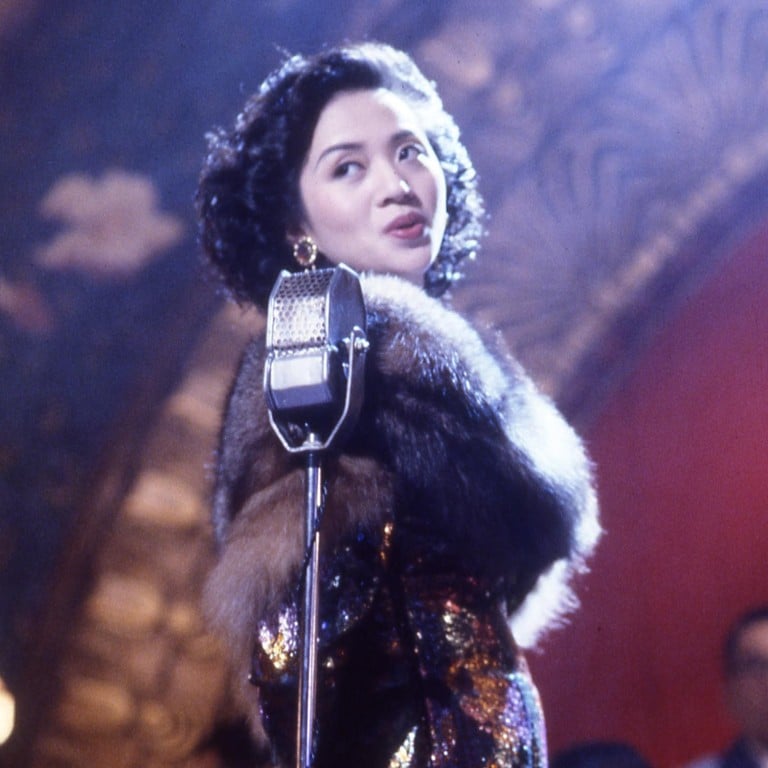
Remembering Anita Mui on her birthday: Hong Kong superstar with a ‘sad and beautiful story’ was ‘adopted’ by the city and her fans
- Anita Mui, one of Hong Kong’s most revered stars and who died in December 2003, would have turned 60 on October 10 this year
- We recall her childhood and her family life, and how, after her death, her mother contested her daughter’s will in court and asserted rights to her estate
Anita Mui Yim-fong, who would have turned 60 on October 10 this year, was one of Hong Kong’s most revered stars. She died in December, 2003, of cervical cancer and respiratory complications.
From her 28 studio albums to her almost 50 film acting credits and 11 acting awards, her contribution to the city’s entertainment industry was almost without parallel.
Not only did Mui show her incredible talent and versatility in every performance, she was also known for being – almost to a fault – extremely dedicated to her work.
As she once said: “I don’t like to be a weak and sad woman; in fact, I’m strong and boyish. When I have a goal, I’ll work hard to achieve it.”
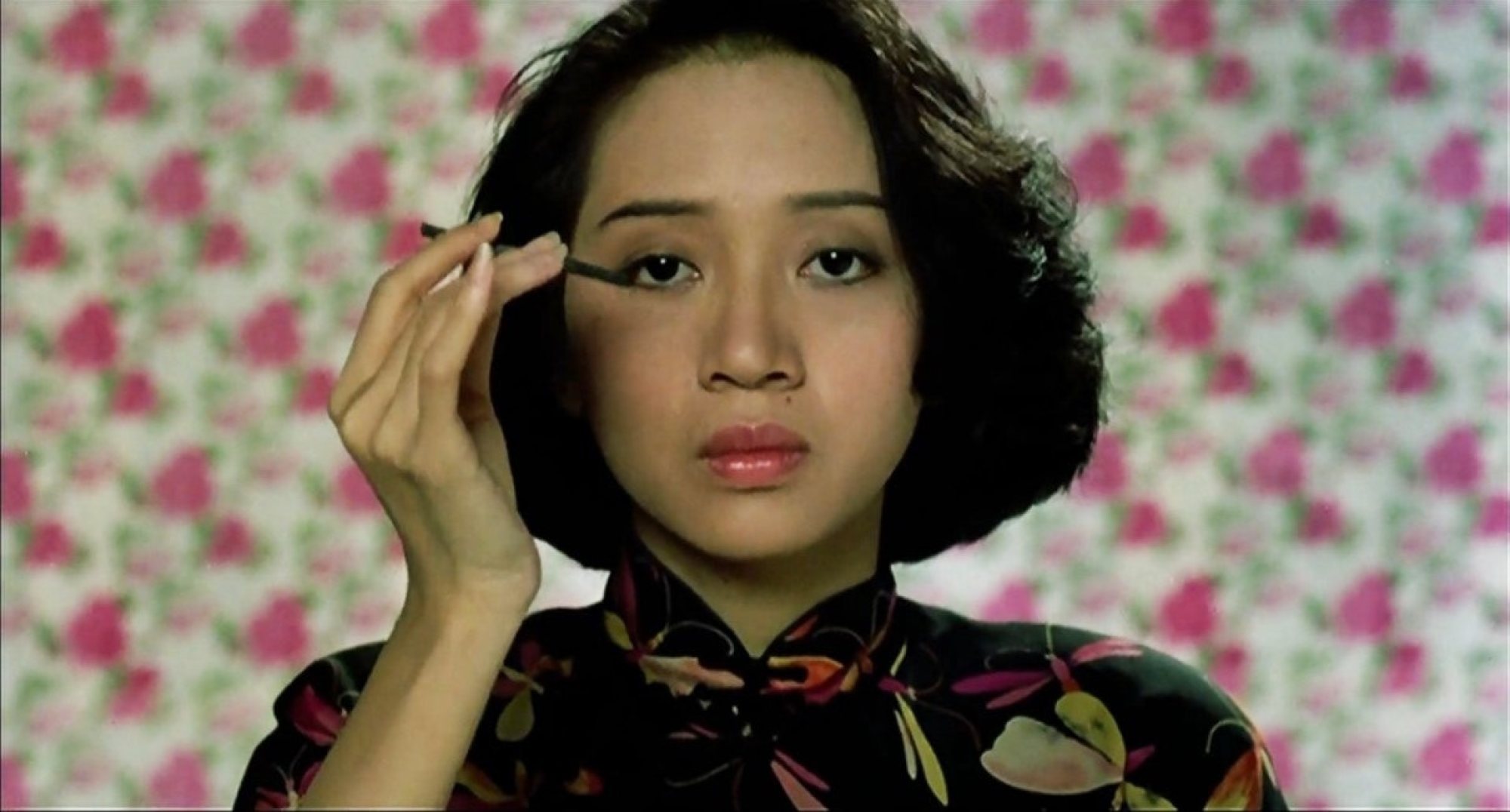
One of her ex-boyfriends reportedly said: “For a woman, she has too many aspirations and ideals … she’s not willing to stop until they are fulfilled – this idea and approach is very masculine.”
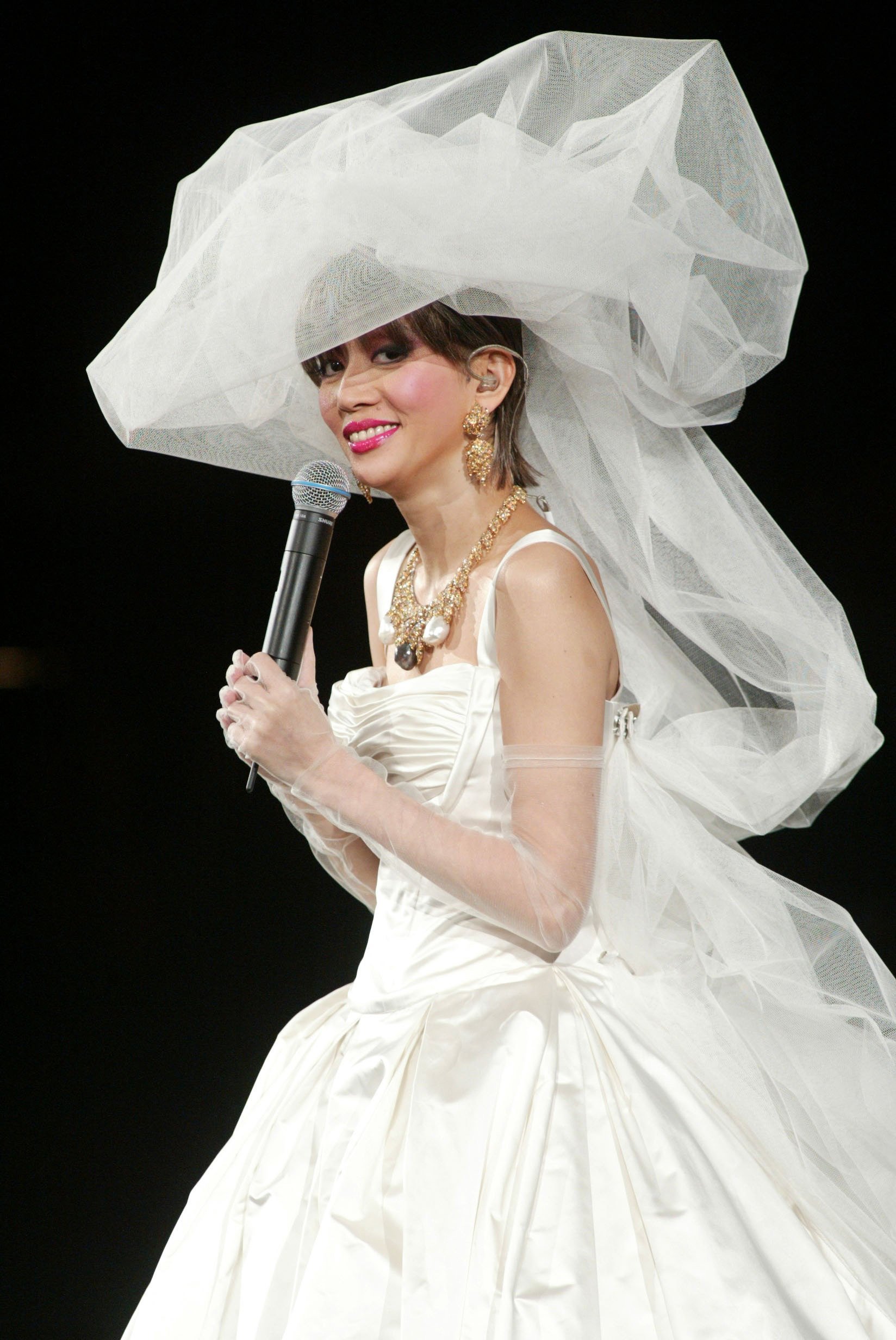
“A lonely woman wore a gorgeous wedding gown. It was a sad and beautiful story.”
Mui died unmarried.
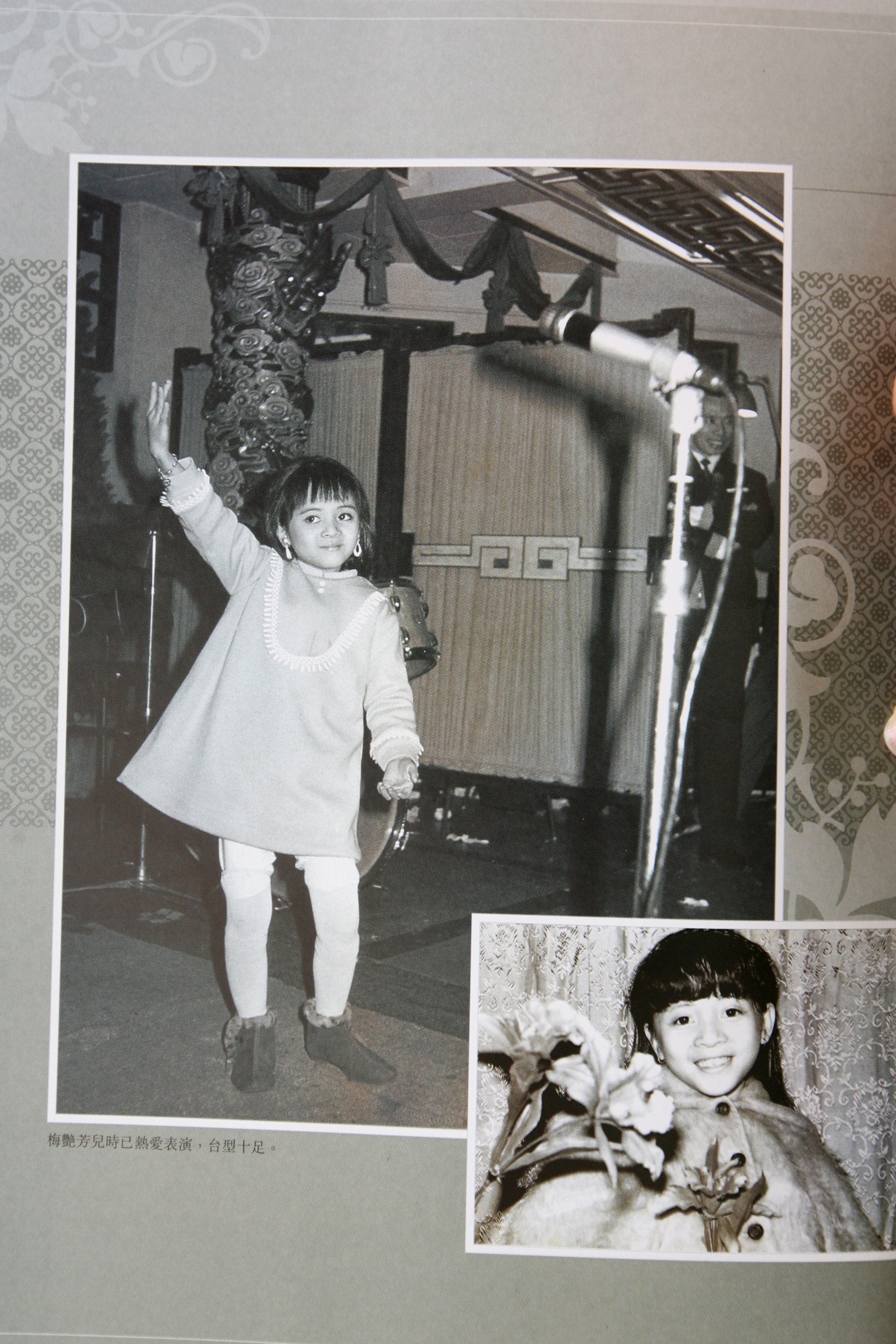
Born in 1963 in Hong Kong to a poor immigrant mother from Guangzhou, southern China, Mui was the youngest of four in a single-parent household. Despite this, she was not the stereotypical spoiled youngest child – her mother, Tam Mei-kam, is said to have had a very traditional, East Asian mindset in preferring boys over girls.
Tam, who managed a troupe of street performers, reportedly put her two daughters, Mui and Ann Mui Oi-fong, to work when they were still children. Mui’s two brothers were respectively 10 and 12 years older than her.
There was talk that her mother and her eldest brother, Peter Mui Kai-ming, were heavy gamblers – or at least lavish spenders – and consistently in debt. Most, if not all, of the debt would have become the responsibility of Mui, whose successful career was possibly the only pillar that supported certain family members.
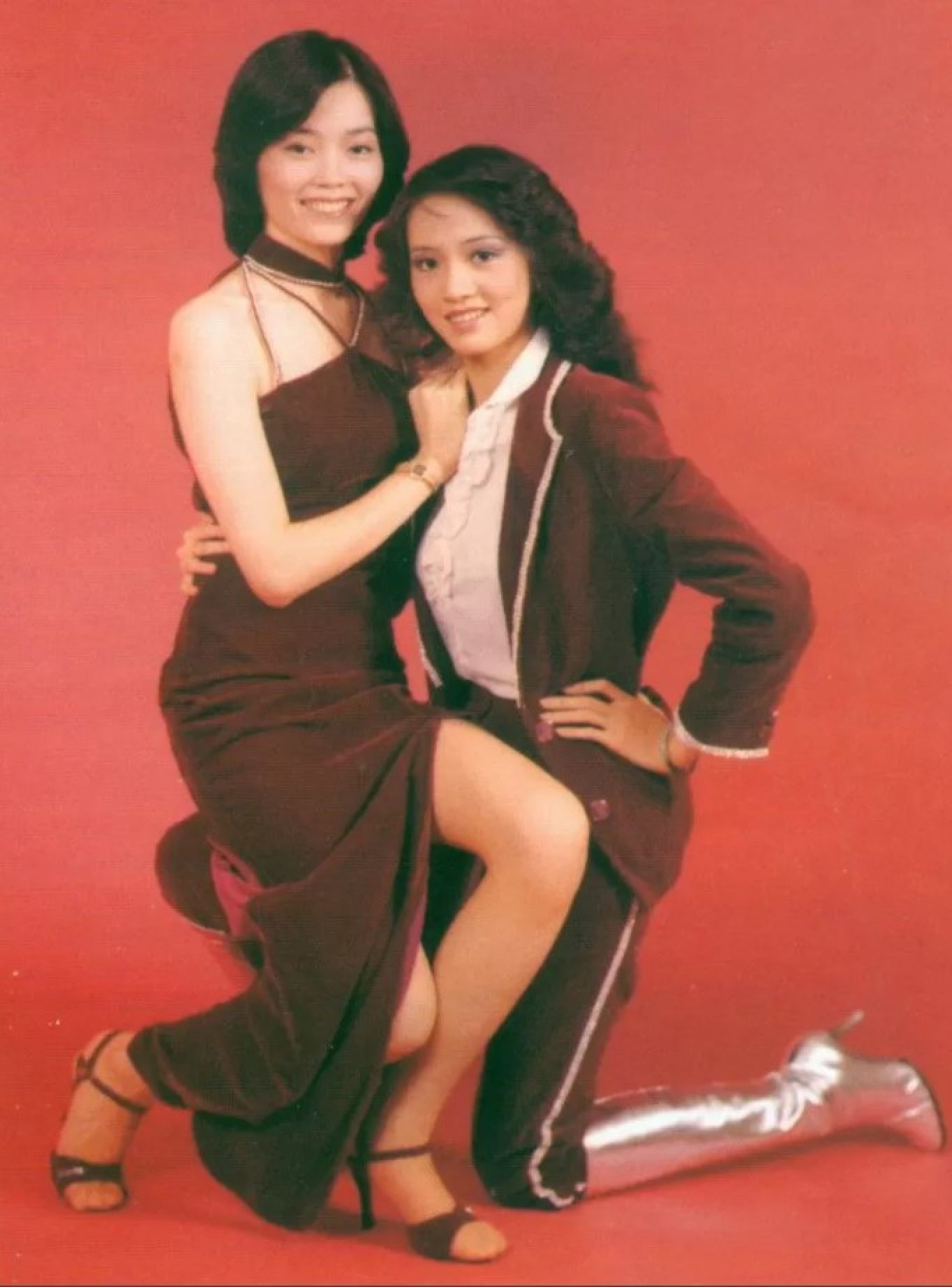
Mui died in 2003 when she was 40 years old – the same age that her sister was when she also died of cervical cancer in April, 2000.
In her will, Mui set up a trust whose main beneficiaries included her mother and four of her nieces and nephews. The trust was to provide Tam with a HK$70,000 monthly allowance, with HK$1.7 million allocated to support the education of two of Mui’s siblings’ children.
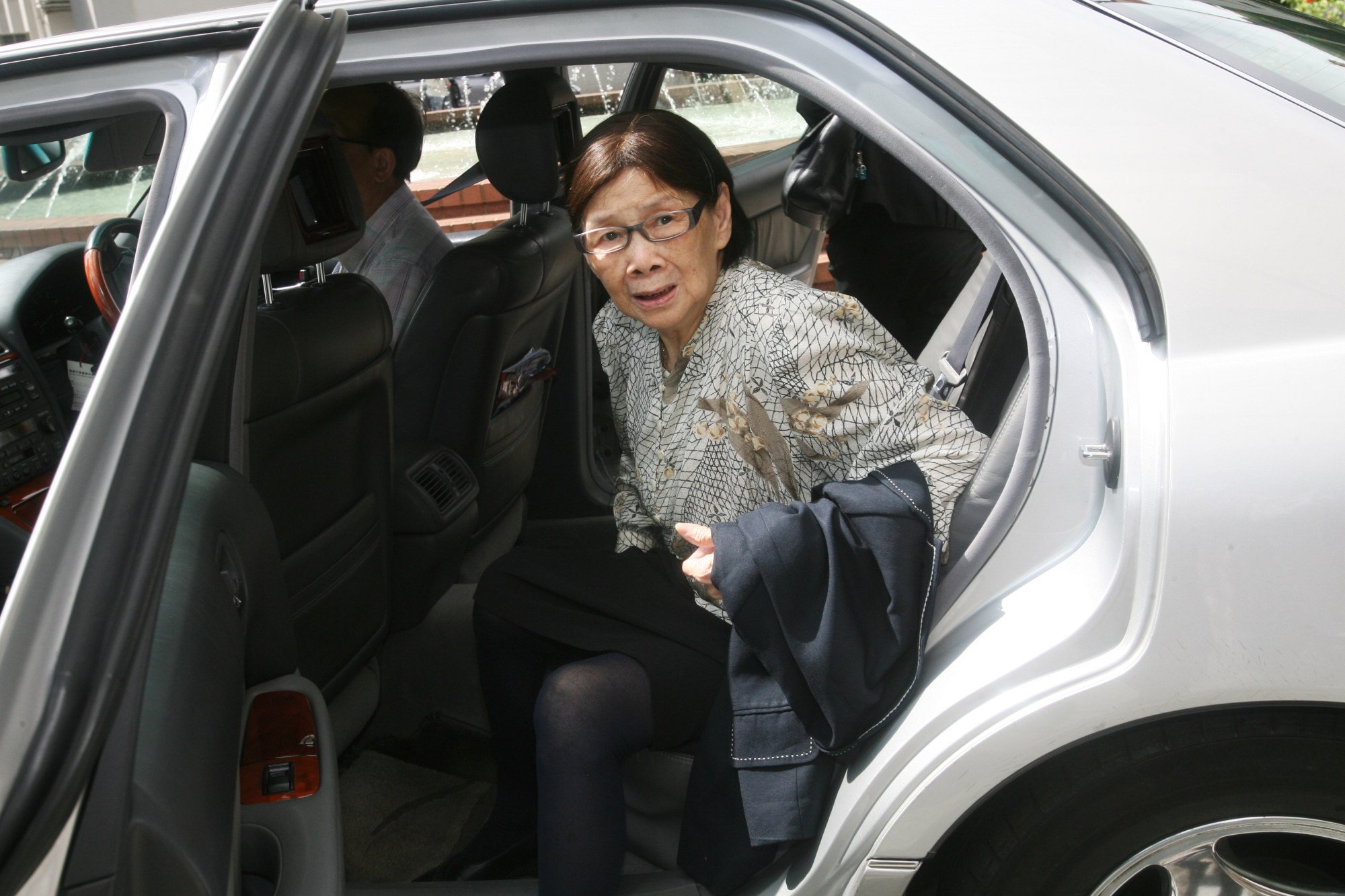
Over several years, Tam sued the administrators of Mui’s estate, her principal doctors and the other beneficiaries of the estate. She also applied to raise her monthly stipend from HK$70,000 to HK$120,000, which was later accepted by the court.
In court, she was often accompanied and sometimes represented by her older son, Peter, the only family member left out of Mui’s will.
In 2008, Tam admitted to the Post that she only learned of Mui’s illness from the media.
In 2009, citing boredom and exhaustion from the lawsuits, Tam applied for HK$800,000 from Mui’s estate to “travel the world”, accompanied by her nurse, helper and family members, which was rejected by the court.
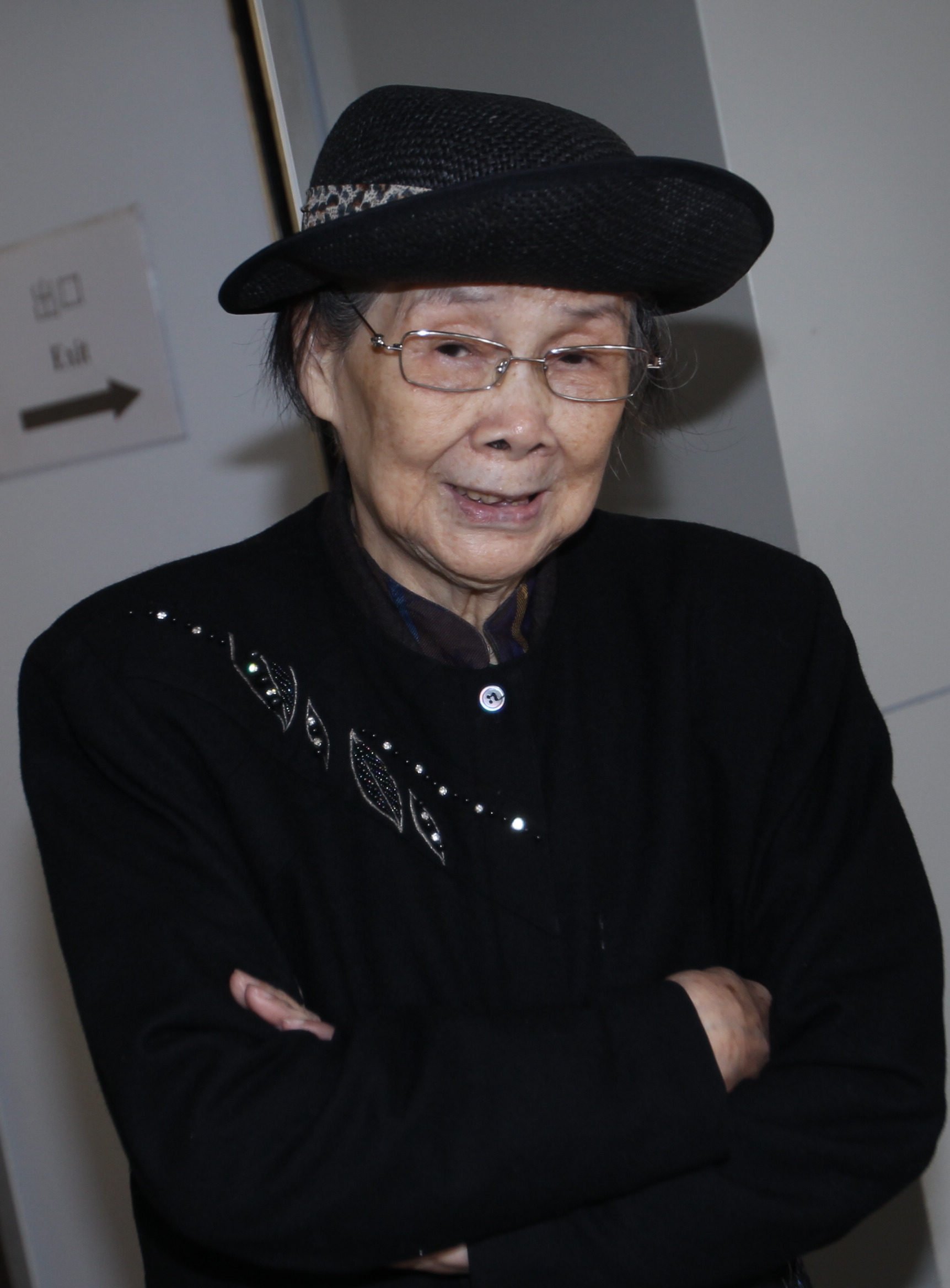
According to a former director of private trusts at leading bank HSBC, Doris Lau, one of the first people to face Tam in court and an official witness to the will, Mui had said: “Aside from supporting my mother, none of my assets shall fall into the hands of any Mui.”
Lau also said that, despite their somewhat estranged relationship, Mui had expressed concern for Tam’s poor handling of her finances, adding that her estate should not be given to her mother outright because “she would quickly squander it”.
Tam reportedly said in 2013 that: “People always say that I mistreated Mui, but whether it was true or not, it has nothing to do with you outsiders. I raised four children by myself, so it’s my business how I want to spend their money.”


